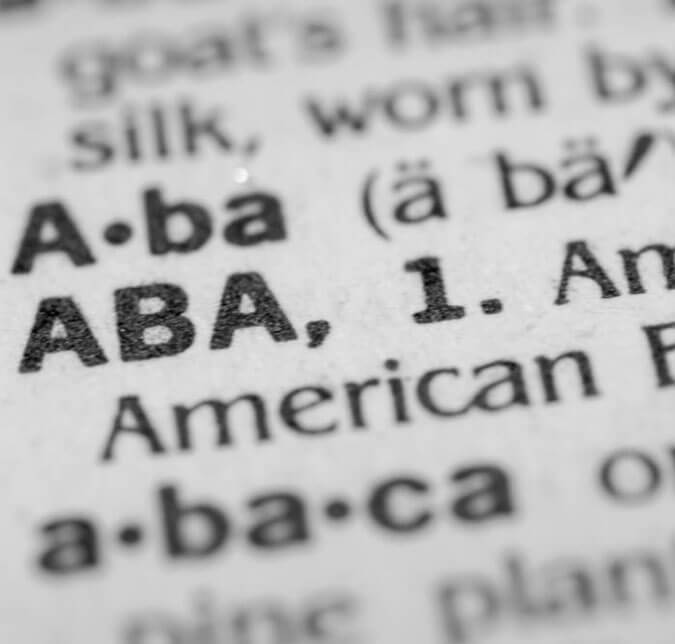The US Supreme Court has declined to hear the appeal of human rights lawyer Steven Donziger, who had been charged with multiple counts of contempt and prosecuted by special prosecutors. Justices Neil Gorsuch and Brett Kavanaugh dissented, arguing that the appointment of private attorneys as special prosecutors gave the judiciary branch the appointment power that belongs to the executive branch.
The appointment of private attorneys to prosecute some of the charges against Donziger came pursuant to Federal Rule of Criminal Procedure 42(a)(2). This rule allows a court to appoint a government lawyer to prosecute contempt, and if the government declines that request, the court can then appoint a private attorney to serve as the prosecutor. Donziger had attempted to obtain a new trial, but the District Court for the Southern District of New York ultimately sentenced him to six months in prison.
Donziger appealed his conviction to the US Court of Appeals for the Second Circuit, arguing that the appointment of special prosecutors violated the Appointments Clause of the US Constitution. The Appointments Clause requires that officers of the US, like judicial nominees, must be approved by the Senate unless they are “inferior officers.” Inferior officers can be appointed so long as Congress provides legal power to the judiciary appoint these positions. Donziger claimed the special prosecutors were inferior officers under the meaning of the Appointments Clause, and thus the district court lacked congressional authority to appoint them.
However, the Second Circuit ultimately rejected Donziger’s arguments and affirmed the district court’s judgment. The appellate judges reasoned that while the special prosecutors were inferior officers, there was no obvious error made by the district court even if Congress did not legally authorize the appointment of an inferior officer.
Don’t miss out on potential job opportunities – submit your resume to LawCrossing right away!
In his dissent, Gorsuch argued that the appointment of private attorneys as special prosecutors violated Article II of the US Constitution, which lists the powers of the executive branch, including the power of appointment as solely executive unless Congress provides legal authority to the judiciary. He also raised the point that the appointment “allowed the district court to assume the ‘dual position as accuser and decision making’–a combination that ‘violates the due process’ rights of the accused.”
The decision of the US Supreme Court not to hear Donziger’s appeal has significant implications for the country’s legal system. It reaffirms the power of the judiciary to appoint private attorneys as special prosecutors, even in cases where the government has declined to prosecute. However, it also raises questions about the balance of power between the executive and judiciary branches and the potential for due process violations when the judiciary assumes the role of accuser and decision-maker.
Donziger’s case has attracted significant attention from human rights and environmental advocates. He had been involved in a long-running legal battle with Chevron over pollution in Ecuador, and his supporters argue that he has been unfairly targeted by the oil company and the US government. Chevron has accused Donziger of fraud and racketeering in connection with his efforts to hold the company accountable for environmental damage in the Amazon rainforest.
In conclusion, while Donziger’s appeal has been declined, the issue of the power of the judiciary to appoint special prosecutors remains a contentious one. The decision of the US Supreme Court not to hear Donziger’s case reinforces the authority of the judiciary to appoint private attorneys as special prosecutors, but it also highlights the potential for due process violations and the need for clear legal authority in such appointments.








































